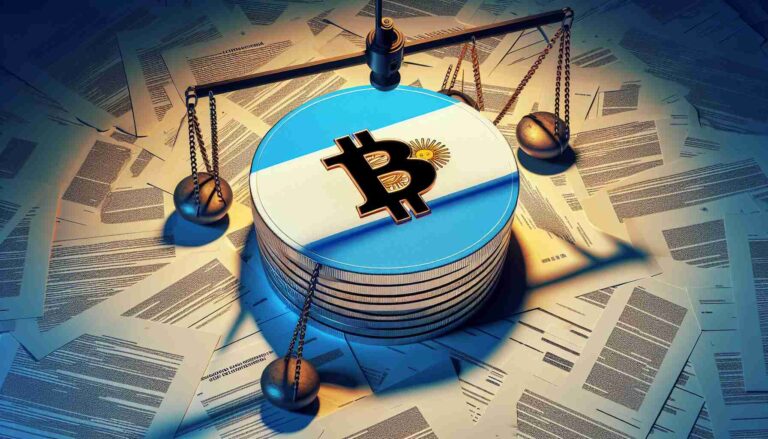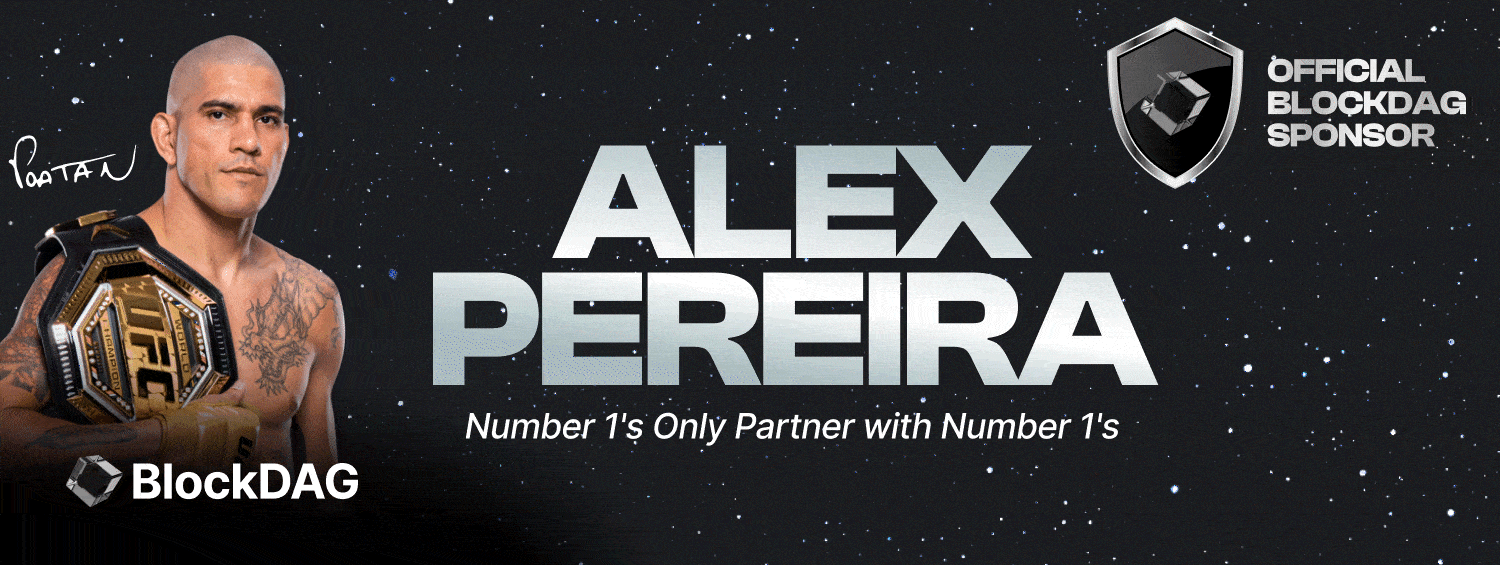With the anarcho-capitalist and libertarian leader Javier Milei taking power in Argentina in December 2023, many felt that his plans to rebuild the national economy and dollarize it would help BitcoinBTC 0.0% and cryptocurrencies adoption in the country. But after a few months of his government, more regulation is coming. In late March, the Comisión Nacional de Valores in Argentina announced a new mandatory Registry of Virtual Asset Service Providers for those operating with crypto assets in the country.
Companies and individuals doing that activity now will be asked to comply with the registration approved on March 14 by the Argentine senate as part of the amendments to the current regulatory framework to address the Financial Action Task Force recommendations. This new requirement will affect businesses dedicated to providing several services, such as buying, selling, sending, receiving, lending, or trading cryptos. Every provider should complete the registration, and the regulation is not just for locally based companies but also for those operating in the market but based elsewhere.
CNV’s president, Roberto E. Silva, was crystal clear: “Those who are not registered will not be able to operate in the country.” After the announcement, the securities watchdog participated in a meeting with the country’s main legal firms and the Fintech chamber on the implementation of the Registry, with some representatives of local companies participating.

“It’s a terrible idea to have a registry that enables the buying and selling Bitcoin. Bitcoin is money, not a security. It’s as wrong as if currency exchange houses for dollars or euros or shops where gold is bought and sold had to register with the CNV. It’s complete nonsense,” Argentinian NGO Directive member and Money On Chain protocol co-founder Manuel Ferrari told me in an Interview.
“This benefits no one, except maybe some state bureaucrats and an army of lawyers and useless people from the ‘compliance industry,'” Ferrari argued. For him, this measure doesn’t fit into the pro-Bitcoin stance in which many people placed Milei, but he or his party didn’t present the initiative to Congress.
“Milei is not ‘pro-Bitcoin’ in particular. He respects the freedom of currencies and will not interfere if you want to use bitcoin. But he would do the same if you want to use a rock or copper,” KamiPay payments solution co-founder Nicolas Bourbon further explained. For both Ferrari and Bourbon, this isn’t a regulation that will affect users in the short term but aims to satisfy international institutions’ demands.
According to Chainalysis’ Global Crypto Adoption Index Top 20, Argentina is the 15th largest cryptocurrency market in the world. What is next for the Argentinian market is yet to be discovered, but the users can stay calm since this new regulation won’t affect them immediately.
© 2024 Forbes


























